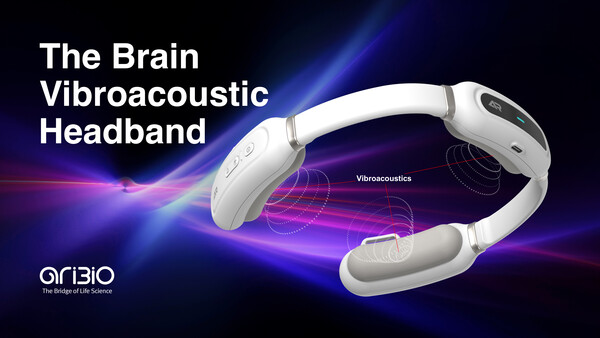AriBio, a Korean company conducting an FDA-authorized phase 3 study for oral dementia treatment AR1001 in the U.S., said it won the Korean government’s funding to work on an electronic treatment for early Alzheimer’s disease.
The company announced that the Ministry of Health and Welfare picked AriBio to carry out the Electronic Drug Technology Development Project to treat Alzheimer’s, as part of the first 2023 healthcare technology R&D project.
Under the project, AriBio aims to develop the electronic drug using “vibroacoustic stimulation” which includes gamma wave synchronization.

The 2-billion-won ($1.5 million) project will get a 1.5 billion won support from the government.
AriBio will collaborate with Seoul National University Bundang Hospital’s Neurology Department (Professor Kim Sang-yun), Dongguk University’s Life Science and Biotechnology College (Professor Seo Young-kwon), and Evosonics (CEO Choi Jae-young), for four years with the goal of winning approval for the electronic drug as Alzheimer’s treatment.
AriBio has been developing new drugs for Alzheimer's disease (AR1001-AR1005).
In 2019, the company began working on electronic medicine technology to treat Alzheimer’s. It aims to launch the electronic drug by 2026.
As a result of more than five years of research, the company developed a “vibroacoustics headband,” equipped with an ultra-small vibroacoustic vibration module that simultaneously outputs sound and vibration to the frontal lobe and both temporal lobe areas, the company said.
According to the company, electronic treatment can be used in combination with existing drugs. This has attracted keen interest from both Korean and international healthcare companies.
The Korean government said it would spend 46.6 billion won by 2026 to advance the electronic drug market by supporting product development and clinical trials to overcome intractable and rare diseases including Alzheimer’s.

